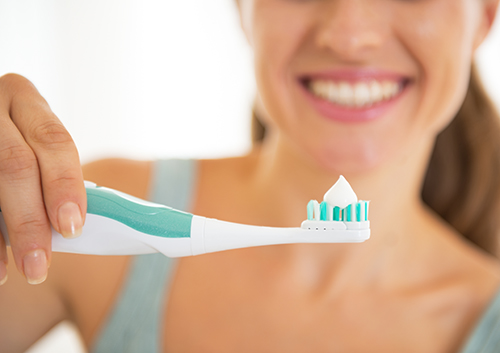Fluorosis: What is it?
February 19th, 2025

Many people think dental fluorosis is a disease, but it’s not; it’s a condition that affects the appearance of your tooth’s enamel, not the function or health of the teeth. These changes may vary from tiny, white, barely noticeable spots to very noticeable staining, discoloration, and brown markings. The spots and stains left by fluorosis are permanent and may darken over time.
Dental fluorosis occurs in children who are excessively exposed to fluoride between 20 and 30 months of age. Only children ages eight years and younger can develop dental fluorosis. Why? That is the period when permanent teeth are still developing under the gums. For kids, fluorosis can cause significant embarrassment and anxiety about the appearance of their teeth. No matter how much they might brush and floss, the fluorosis stains do not go away.
Many well-known sources of fluoride may contribute to overexposure, including:
- Fluoridated mouth rinse, which young children may swallow
- Bottled water which is not tested for fluoride content
- Inappropriate use of fluoride supplements
- Exposure to water that is naturally or unnaturally fluoridated to levels well above the recommended levels
One way to reduce the risk for enamel fluorosis is to teach your children not to swallow topical fluoride products, such as toothpaste that contains fluoride. In fact, kids should use no more than a pea-sized amount of fluoride toothpaste when brushing, and children under the age of two shouldn’t use fluoride toothpaste at all.
Dental fluorosis can be treated with tooth bleaching, microabrasion, and conservative composite restorations or porcelain veneers. Please give us a call at our office to learn more or to schedule an appointment with Dr. Clay Gangwisch, Dr. Mike Grandy, Dr. Daniel Melzer, and Dr. John Miller.


